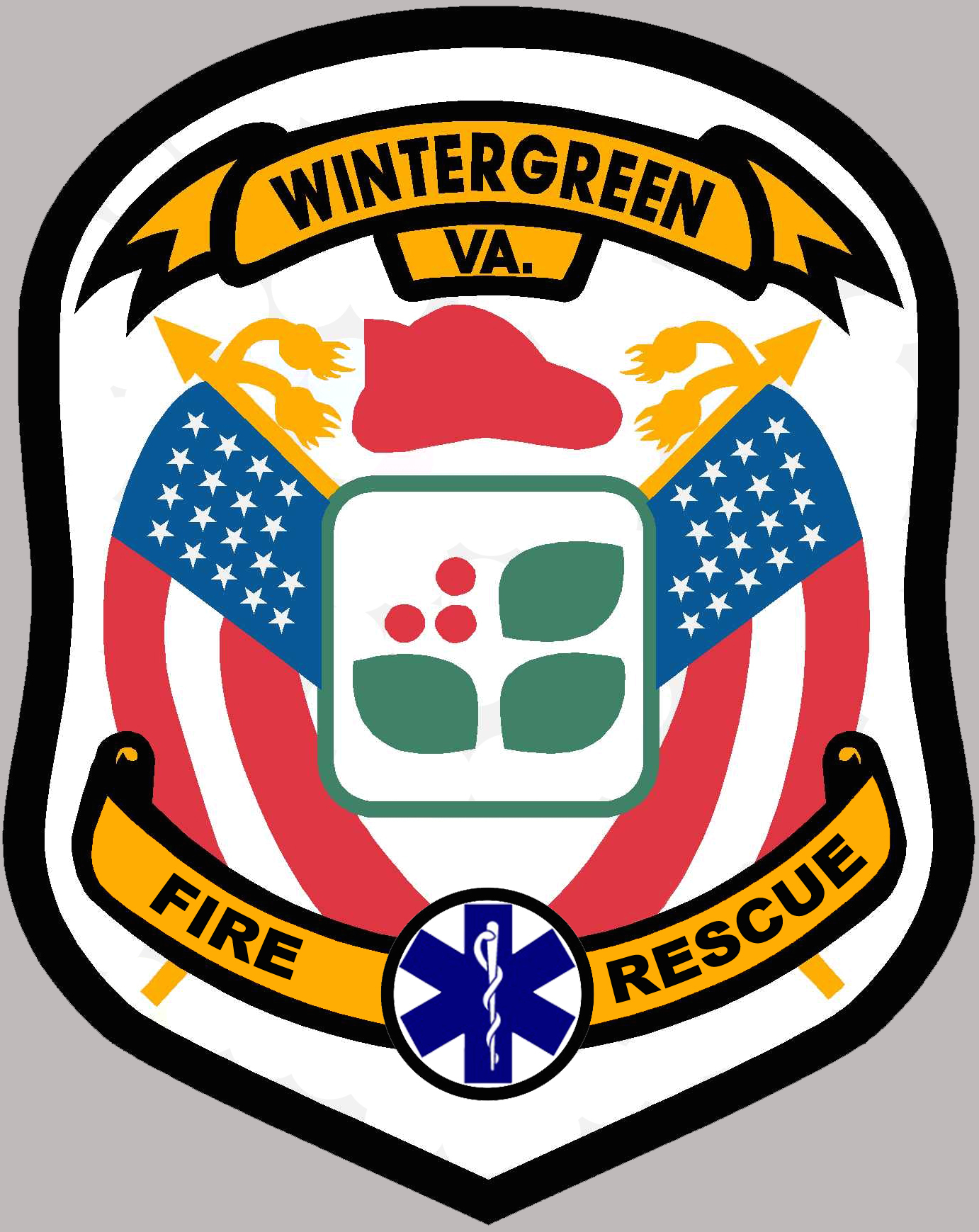Frequently Asked Questions about Volunteering
Why volunteer?
The benefit is the satisfaction of helping your friends and neighbors in need. When someone is truly in need of a fire truck or ambulance there’s a look of relief which comes over them as emergency crews arrive. That look of relief is the paycheck for a volunteer. You can't fully appreciate the value until you experience it for yourself.
What does it take to join?
If you don’t have a criminal background and have a clean driving record (clean, not spotless) and a desire to give back to your community, then we should talk.
More about fire volunteers HERE
What does it take to actually do the work?
Both the rescue squad and the fire department can be physically demanding. Obviously the fire department requires more, however the rescue squad work does require frequent heavy lifting. Although we have lots of tools to make our work easier, a volunteer should be able to lift 100lb from a squatting position.
We typically provide all the training in-house. See more details on fire volunteers HERE and rescue volunteers HERE.
More about rescue volunteers HERE
The ability to multi-task is good. Being able to wake up in the middle of the night and quickly become fully alert is also good. The type of person who cannot handle “randomness” is probably not going to be a good fit for our work. Much of what we handle is the unpredictable. Although we do try very hard to maintain structure, “all hands on deck” can often look random.
What are the time constraints?
Members are required to log 36 hours of on-call time (most done from your home) and attend a monthly training meeting for a rescue volunteer.
A fire volunteer is only required to run 8-hours total (in station) per month and attend as many training sessions as possible. Usually they are offered once per month or every other month.
If you decide to become a EMT or a certified firefighter you will need to commit to the training for approximately four to six months.
What if I can’t perform fire and rescue tasks? Are there administrative tasks I can perform?
The complete answer is complex. Yes, there are administrative responsibilities associated with both fire and rescue where volunteers can help. That said, some of those roles can take special talents as well. And at different times of the year we have different needs. Talk to us.
What’s in this for me?
There are some benefits. Discounts and coupons here and there. They come and they go.
There are two real benefits. First is the opportunity to be a part of something bigger than you. To be a vital member of an important and respected team, making meaningful contributions.
The real pay will come when you approach a patient who is trapped, bleeding, and literally scared to death. When you see their look of relief because they realize you can help them, and when you see them calm down because you’re remaining calm, it’s in that moment that you truly recognize the value of being a part of pre-hospital emergency medicine or firefighting. Whether you’re a career provider or a volunteer, that benefit is equal.
What will this cost?
Nothing.
What are the Essential Fire and Rescue Volunteer Duties?
Report to station at the start of your shift
Inspect and maintain equipment and inventory
Drive and operate sophisticated equipment in keeping with acceptable laws and protocols
Communicate both verbally and in writing
Establish and maintain effective working relationship with associates
Deal courteously and effectively with the public
Rescue Duties:
Respond to rescue calls
Perform appropriate medical procedures as directed by the Attendant in Charge (AIC) or independently
Clean and redress the cot at the hospital
Clean and restock the ambulance at the hospital
Complete appropriate medical reports accurately and in a timely manner, when care give by AIC
Attend training meetings each month
Other duties as assigned
Fire Duties:
Respond to fire calls
Manage appropriate fire scene tasks
Attend training meetings, as scheduled
Other duties as assigned
Knowledge, Skills, Abilities
Wintergreen Fire Department and/or Wintergreen Rescue Squad does not require any previous experience. Wintergreen Fire and Rescue provides all training in-house.
Basic Education and Experience
Valid Virginia Drivers License
Must obtain an Emergency Vehicle Operator Course (EVOC) 2 or 3 certificate within an appropriate amount of time after joining.
If a member of the rescue squad, the member must obtain a CPR certificate within an appropriate amount of time after joining.
If rendering patient care as the Attendant in Charge, must be licensed as an EMT-Basic or higher by the Commonwealth of Virginia.
Physical Demands on Fire and Rescue Volunteers
While performing the duties of this job, volunteers are frequently required to stand, walk, use hands to finger, handle, or feel; reach with hands and arms; climb or balance; stoop, kneel, or crouch; talk or hear and taste or smell.
Volunteers must regularly lift and /or move up to 10 pounds, frequently lift and/or move up to 50 pounds, and occasionally lift and/or move more than 100 pounds.
Specific vision abilities required by this job include close vision, distance vision, peripheral vision, good night vision, depth perception and ability to adjust focus.
Clothing while volunteering
Substantial shoes. Boots that lace above the ankle are preferred.
Long pants – No shorts or skirts.
Identifiable T-shirt, sweater and/or jacket (provided by squad or fire department) should be worn on duty.


